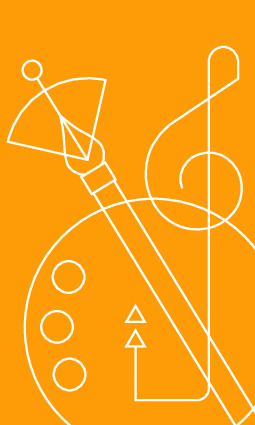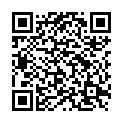|
|
|
| Module code: MAKM-240 |
|
|
4V (4 hours per week) |
|
6 |
| Semester: 2 |
| Mandatory course: yes |
Language of instruction:
German |
Assessment:
Written composition with presentation
[updated 04.09.2023]
|
Exam recurrence:
The information regarding exam recurrence is found within the exam policy of the study programme (ASPO).
|
MAKM-240 (P440-0021) Cultural Management, Master, ASPO 01.04.2020
, semester 2, mandatory course
|
60 class hours (= 45 clock hours) over a 15-week period.
The total student study time is 180 hours (equivalent to 6 ECTS credits).
There are therefore 135 hours available for class preparation and follow-up work and exam preparation.
|
Recommended prerequisites (modules):
None.
|
Recommended as prerequisite for:
MAKM-306
[updated 17.10.2022]
|
Module coordinator:
Prof. Dr. Steffen H. Hütter |
Lecturer:
Dominik Schug
[updated 06.06.2025]
|
Learning outcomes:
After successfully completing this course, students will:
be able to name, describe and put basic terms and knowledge about project management into context, taking into account the non-profit sector,
be able to name and describe the most important areas and methods of project management,
be able to concretize, plan and successfully realize projects (and project goals) using the theoretical approaches and methods they acquired in the module,
be able to define the process steps along the service provision process and integrate the special features and challenges of cultural management into their solutions,
be able to model and map individual process steps with the help of software applications (ARIS, MS Project),
be able to organize and carry out projects in a team and use their social skills, such as team and communication skills, in an interdisciplinary environment to achieve goals and solve conflicts,
be able to identify miscommunication at an early stage, prevent it and, if necessary, avert it using structured risk and expectation management.
be able to develop the content of the lecture independently on the basis of hand-picked literature,
[updated 04.09.2023]
|
Module content:
Introduction to the basics of project management
Process models (sequential, iterative, agile)
Project definition and objectives
Project planning, precedence diagram model
Structure, process, capacity, deadline and cost planning
Risk management
Project structure plan
Realistic planning
Project execution
Project phases, milestones
Project controlling
Setting up and leading project teams
Project communication and management
Measuring progress
Solving problems
Conflict management
Requirements management
Negotiating
Time management
IT support
MS Project
Modeling processes, vulnerability analysis, optimization
[updated 04.09.2023]
|
Teaching methods/Media:
Lecture with integrated tutorial, tasks in small groups, IT-supported process modeling
Project work in teams
Documentation and presentation of the projects progress and its results
Presentations, videos, role playing, documents, magazines, books, Internet research
[updated 04.09.2023]
|
Recommended or required reading:
Andler, N.: Tools für Projektmanagement, Workshops und Consulting: Kompendium der wichtigsten Techniken und Methoden, Publicis, Erlangen, 2009.
Antons, K.: Praxis der Gruppendynamik. Übungen und Techniken. 6. Aufl., Göttingen u. a.: Hogrefe, 1996.
Bohnic, T.: Grundlagen des Projektmanagements: Methoden, Techniken und Tools für Projektleiter, Gabler, Stuttgart, 2010.
Bohnic, T.: Projektmanagement: Softskills für Projektleiter, Gabler, Stuttgart, 2010.
GPM Deutsche Gesellschaft für Projektmanagement e.V. (2024). Projektmanagement Aktuell 1 (2024): Digitalisierung und KI im Projektmanagement. Narr Francke Attempto Verlag.
Kerzner, H. (2022). Project Management: A Systems Approach to Planning, Scheduling, and
Controlling. 13th ed., Wiley.
Litke, H.: Projektmanagement Methoden, Techniken, Verhaltensweisen, 4. Aufl.; Hanser, München, 2004
Pichler, R.: Scrum - Agiles Projektmanagement erfolgreich einsetzen, d.punkt, 2007
Reichert, T. (2024). Projektmanagement: Projekte zum Erfolg führen. 5. aktualisierte und erweiterte Auflage, Haufe Verlag.
Schmelzer, H. J., & Sesselmann, W. (2013). Geschäftsprozessmanagement in der Praxis: Kundenprozesse optimieren, Abläufe effektiv gestalten, Leistung steigern. 8. Aufl., Hanser Verlag.
Schulz, M. (2024). Projektmanagement: Zielgerichtet. Effizient. Klar. 3. überarb. Aufl., UVK Verlag
Verzuh, E.: The Fast Forward MBA in Project Management, 3. Aufl., Wiley, Hoboken, 2008.
[updated 02.12.2025]
|


